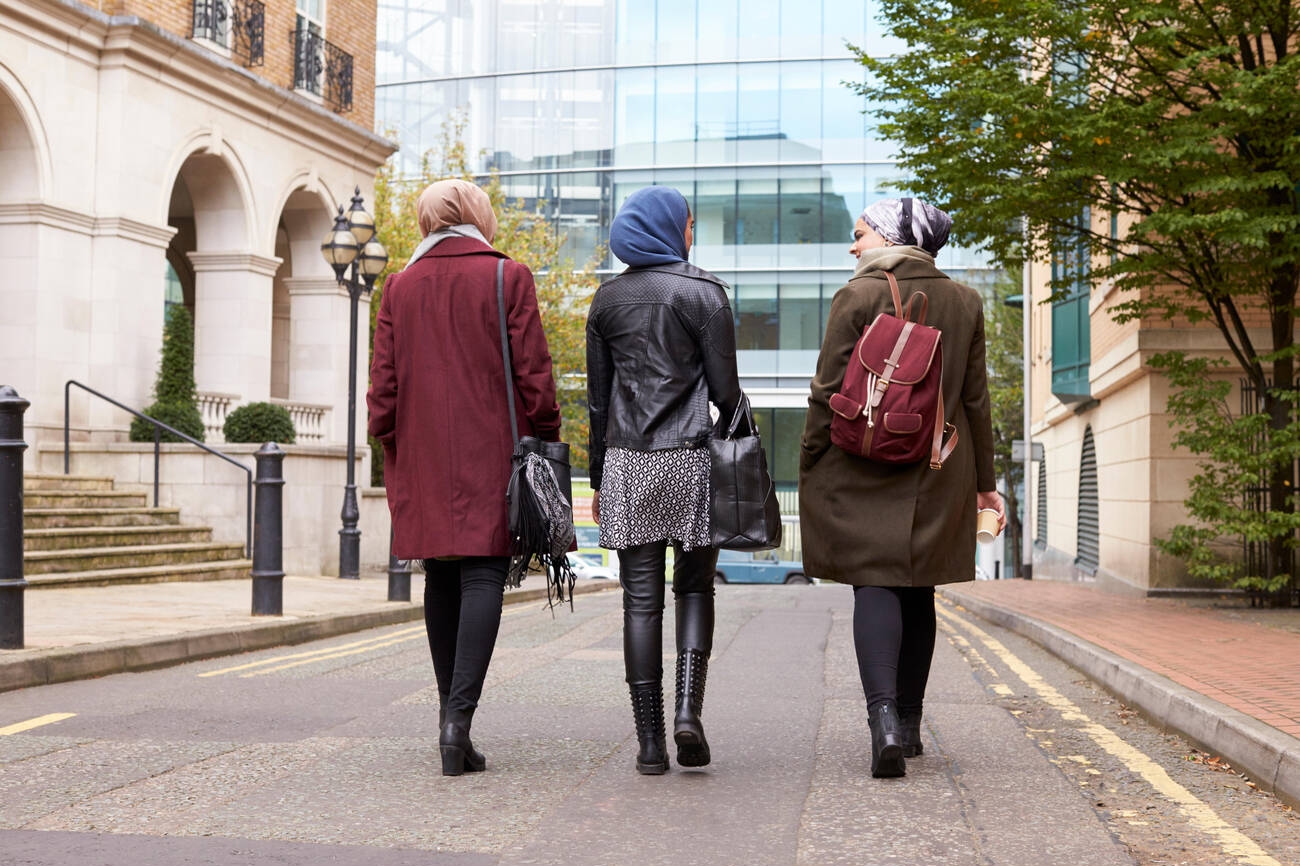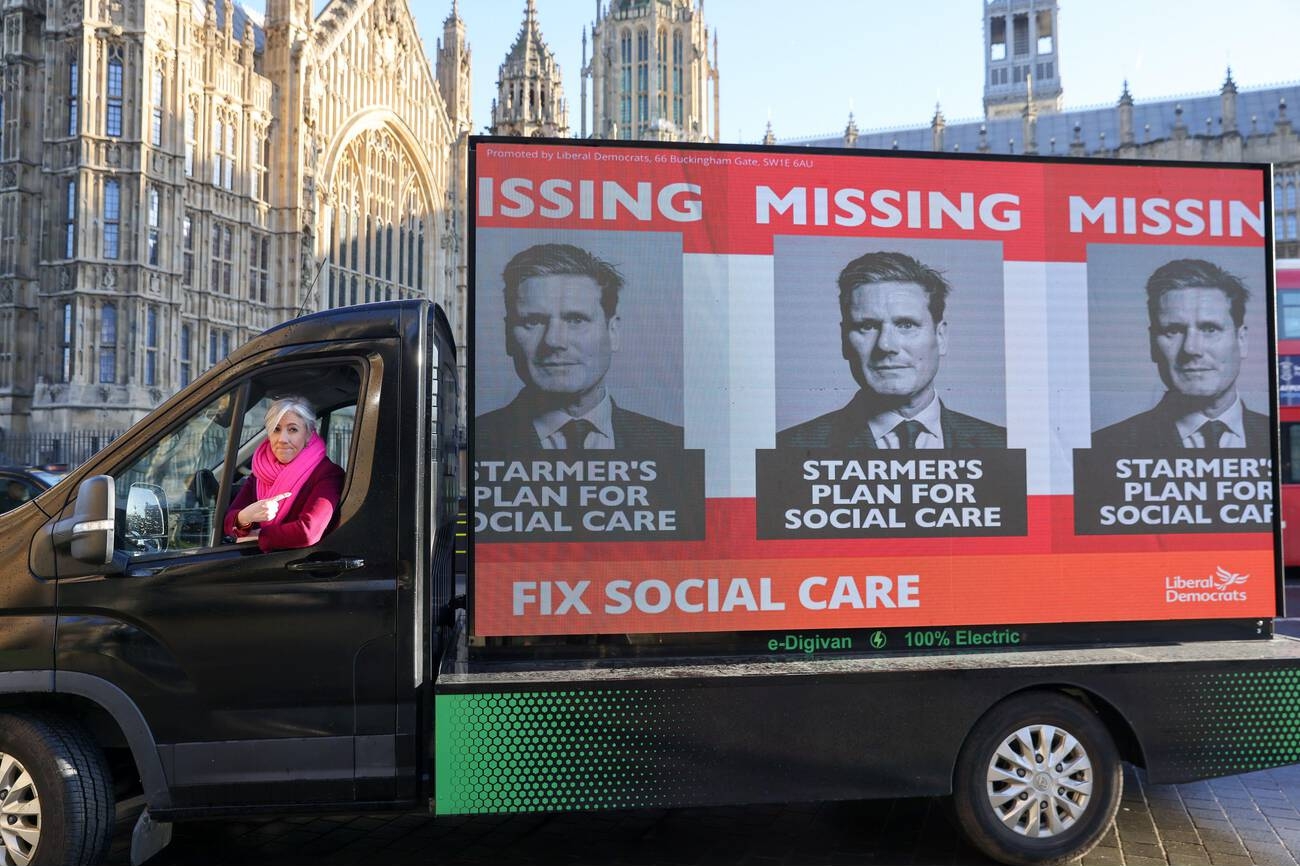How to improve employment opportunities for Muslims in Britain: Challenges and opportunities
“When you talk about Muslims, you always talk in the context of being immigrants,” explains Talha Ahmad. He is a

“When you talk about Muslims, you always talk in the context of being immigrants,” explains Talha Ahmad. He is a representative of the Muslim Council of Britain. Life and conditions have changed, and a second and third generation of Muslims were born and raised in Great Britain. The second or third generation of Muslims feel more confident. “They don’t feel that their presence in the UK has to be justified,” Ahmed said. Three generations ago, Muslims were economic migrants to the United Kingdom. As a result, they felt duty-bound to be praising Great Britain for the opportunity it gave them in their day. The Muslim identity could cause employment challenges. How to improve employment opportunities for Muslims in Britain is an important question that we are going to address. Job opportunities shape Muslims’ backgrounds and specifications.
Muslim demography in the UK
3,801,186 Muslims live in England, or 6.7% of the population. Nearly half of the UK’s Muslims were under 25 years old in 2011. Concerning education and employment problems, the 2011 census revealed an improved picture of attainment and progress for British Muslims, which reached 2001.
Muslims vary from one another historically, socially, politically, and demographically. They are internally distinguished too, for example, by religious sect, political faction, and generational differences. A significant issue for Muslims in the UK has been the way others have perceived them. Anti-Islamic ideas have had a long history in Europe. There is a long record of studies on Muslims in the UK. Researchers have distinguished Muslim communities based on national or ethnic origin, areas of settlement, and sectarian identity. How to improve employment opportunities for Muslims in Britain is related to identity issues.
History of the Muslim population in the UK
The first significant influx of Muslims to the United Kingdom arrived around 300 years ago. It was in the form of sailors recruited in India to work for the East India Company. With growing demands for workers in ports and ships, Muslims from Egypt and Yemen started to arrive. Then, they naturally set up their own communities in the UK. Moreover, Ships’ cooks came too, many of them from Sylhet in what is now Bangladesh. There are records of Sylhetis working in London restaurants as early as 1873. Some Muslim sailors decided to stay in Britain and simply left their ships without going through any formal immigration procedure.
The next wave of Muslim migration to the UK followed the beginning of the Suez Canal in 1869. The rise in trade caused a demand for people to work in ports and on ships. Most of these newcomers came from Yemen, probably because Aden was the major refueling stop for ships between Britain and the Far East. Many of the seamen later settled in Cardiff, Liverpool, South Shields, Hull, and London port cities. There are now an estimated 70-80,000 Yemenis residing in Britain, who form the longest-established Muslim group in Britain. An example is the Yemeni neighborhood of South Shields, which began at the end of the 19th century when Yemenis working as stokers on steamships moved ashore and set up boarding houses in the dock area.
Muslims’ academic degree and their potential
A better academic degree and education is one possible answer to “How to improve employment opportunities for Muslims in Britain.” Approximately 255,000 Muslims studied at UK universities in the academic year 2020/21 across all higher education levels. Around 70% of these Muslim students are UK domiciled, of which around 89% are undergraduates. Muslim students accounted for around 10% of the total student population in 2020/21 across all levels and domiciles.
The proportion and number of Muslims in higher education has grown across all levels and domiciles from 2017 to 2020. The proportion of Muslims is decreasing in the level of education amongst UK-domiciled students. The percentage of Muslims amongst undergraduates more than double the rate of Muslims amongst postgraduate research students (11.3% and 4.9%, respectively). The proportion of Muslims is higher amongst non-UK domiciled students across all levels of higher education, in particular for postgraduate research students.
Which jobs do Muslims like the most?
Business and management, medicine, dentistry and veterinary sciences, and engineering, technology and computing are over-represented amongst Muslims. Whilst humanities and languages, design creative and performing arts, and Natural and mathematical sciences are under-represented subjects amongst Muslims.
Business and management, and engineering, technology and computing are more popular amongst non-UK domiciled Muslim students. Whereas Nursing, allied health and psychology, law and social sciences, and natural and mathematical sciences are more popular amongst UK-domiciled Muslim students
Muslims’ challenges of unemployment
Answering “How to improve employment opportunities for Muslims in Britain” needs to address its challenges. More than thirty percent of the Muslim community in England and Wales live in areas with the highest rates of unemployment, research shows. About 2.6 million Muslims live in local authorities. More than one in 20 of the population aged 16 to 64 is unemployed.
The Guardian analysis comes as new numbers from ONS demonstrate people who are Muslim in England and Wales had the highest rate of unemployment among religious groups in 2021. It remained at 6.7%. About 68% of the total Muslim people in England and Wales live in areas with the highest unemployment. It is compared with 26% of Christians and 25% of respondents who declared that they did not follow a religion.
Racists make the Muslim’s employment harder.
Last year, a study proved the presence of a “Muslim penalty” in the employment demand. It rejected previous suggestions that it was due to cultural and religious rules. The study discovered discrimination towards Muslims. The extent of anti-Muslim sentiment in Britain stays stark. A poll since 2018 has consistently seen about thirty percent of the population hold negative perspectives towards Muslims.
A Labour government’s plan for employment: How to improve employment opportunities for Muslims in Britain
Labour will target a rise in the employment rate from 75% to 80%. It would be the highest in the G7 and mean over two million more people work across the UK. Labour mentioned on its website that it plans to prevent young people from falling out of education, employment, and training before 18 by delivering 1,000 new career advisers in schools, alongside good quality work experience, and providing specialist mental health support in every school.
Reforming the benefits system so that it encourages work is another program. This includes giving disabled people the confidence to try out a job without fearing an immediate benefit reassessment if it doesn’t work out. How to improve employment opportunities for Muslims in Britain is a question that governments and Muslims should do their part in to achieve the best results.









